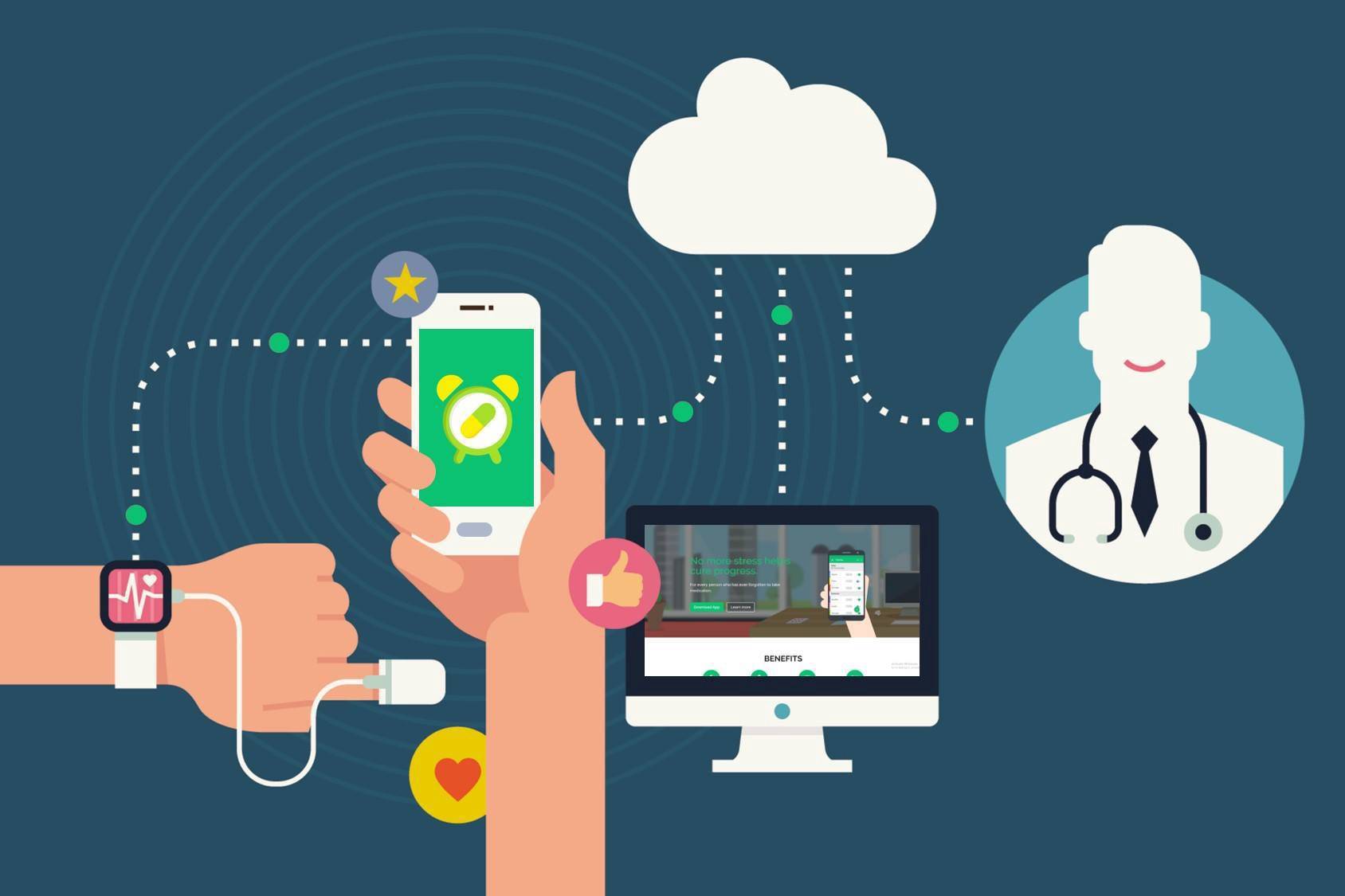
Digital health is transforming how we manage our well-being. From wearable tech to telemedicine, these innovations are making healthcare more accessible and efficient. But what exactly is digital health? Digital health refers to the use of technology to monitor, manage, and improve health outcomes. This includes everything from fitness trackers and mobile health apps to electronic health records and telehealth services. Digital health tools can help track vital signs, remind you to take medication, and even connect you with doctors remotely. Curious about how these technologies are changing the healthcare landscape? Here are 19 facts that will give you a deeper understanding of the digital health revolution.
What is Digital Health?
Digital health uses technology to improve health care. It includes apps, wearables, and telemedicine. Here are some interesting facts about digital health.
-
Telemedicine allows doctors to consult with patients remotely. This can be done via video calls, phone calls, or even text messages.
-
Wearable devices like smartwatches can track your heart rate, steps, and even sleep patterns. They help people monitor their health daily.
-
Health apps are available for smartphones. They can remind you to take your medicine, track your diet, or even help you meditate.
-
Electronic Health Records (EHRs) store patient data digitally. This makes it easier for doctors to access and share information.
-
AI in healthcare can analyze data faster than humans. It helps in diagnosing diseases and predicting outbreaks.
Benefits of Digital Health
Digital health offers many benefits. It makes healthcare more accessible and efficient. Here are some key advantages.
-
Convenience is a major benefit. You can consult with a doctor from the comfort of your home.
-
Cost savings are another advantage. Telemedicine can reduce the need for expensive hospital visits.
-
Improved patient engagement is possible through health apps. They encourage people to take an active role in their health.
-
Better data management is achieved with EHRs. They reduce paperwork and make it easier to track patient history.
-
Faster diagnosis is possible with AI. It can quickly analyze medical images and lab results.
Challenges in Digital Health
Despite its benefits, digital health faces some challenges. These need to be addressed for it to reach its full potential.
-
Privacy concerns are a big issue. Storing health data digitally makes it vulnerable to hacking.
-
Technical issues can also be a problem. Not everyone has access to the internet or knows how to use digital tools.
-
Regulatory hurdles can slow down the adoption of new technologies. Governments need to create clear guidelines for digital health.
-
Data accuracy is crucial. Inaccurate data can lead to wrong diagnoses and treatments.
Future of Digital Health
The future of digital health looks promising. New technologies are being developed every day. Here are some trends to watch.
-
Virtual reality (VR) is being used for pain management and physical therapy. It can create immersive experiences that help patients recover.
-
Blockchain technology can improve data security. It creates a secure and transparent way to store health records.
-
Genomics is another exciting area. Digital tools can analyze your DNA to provide personalized health advice.
-
Remote monitoring is becoming more advanced. Devices can now track vital signs and send data to doctors in real-time.
-
Mental health apps are gaining popularity. They offer support for issues like anxiety and depression, making mental health care more accessible.
Digital Health's Impact
Digital health is changing how we manage our well-being. From telemedicine to wearable tech, these innovations make healthcare more accessible and personalized. Telehealth allows patients to consult doctors from home, saving time and reducing exposure to illnesses. Wearable devices track vital signs, helping people monitor their health in real-time.
AI and machine learning are also making waves, predicting diseases and personalizing treatments. These technologies help doctors make better decisions, improving patient outcomes. Electronic Health Records (EHRs) streamline information sharing among healthcare providers, ensuring coordinated care.
Despite these advancements, challenges like data privacy and accessibility remain. Ensuring everyone benefits from digital health requires ongoing effort and innovation.
Digital health is here to stay, offering promising solutions for a healthier future. Embracing these technologies can lead to better health management and improved quality of life for all.
Was this page helpful?
Our commitment to delivering trustworthy and engaging content is at the heart of what we do. Each fact on our site is contributed by real users like you, bringing a wealth of diverse insights and information. To ensure the highest standards of accuracy and reliability, our dedicated editors meticulously review each submission. This process guarantees that the facts we share are not only fascinating but also credible. Trust in our commitment to quality and authenticity as you explore and learn with us.


